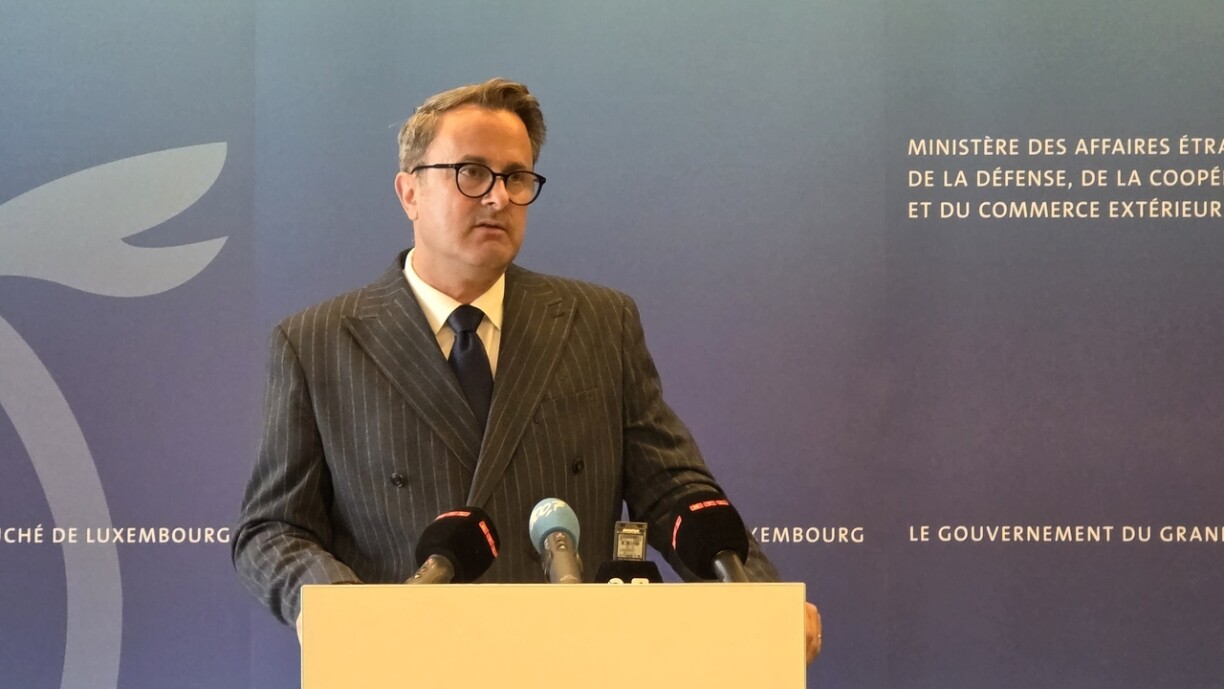
In an online meeting held ahead of Friday’s planned meeting between US President Donald Trump and Russian President Vladimir Putin, the EU’s foreign policy chief, Kaja Kallas, stressed that the issue at stake was not only Ukraine’s security, but that of the entire European continent.
Kallas made it clear that Russia must not be granted any Ukrainian territory and that aggression should not be rewarded. She therefore convened an online meeting of EU foreign ministers to discuss possible next steps. The ministers met for four hours and, according to Luxembourg’s Foreign Minister Xavier Bettel, all but one member state reached agreement.
Bettel explained that, with the exception of Hungary, all ministers agreed no decision could be made without Ukraine’s consent. He noted that it was unacceptable to determine the fate of a country without involving it in the process, and that it remained unclear whether the Ukrainian president had even been invited to the talks. He added that the matter concerned Europe’s wider security, making it essential for the EU to be part of any decision-making. For him, a ceasefire was the first and necessary precondition before further steps could be taken.
The second item on the agenda was the Israel–Palestine war. There was consensus among ministers that Hamas is a terrorist organisation and, Bettel said, it must be dismantled to make lasting peace in the region possible.
However, he argued, this could not be used as a justification for destroying all of Palestine. He warned that civilians should not be left to die of hunger if they survive the bombing and fighting, pointing to the urgent need for humanitarian aid to be allowed through. He acknowledged that the EU remained divided on the path forward: some member states wanted to increase pressure to prevent Palestine from being devastated, while others took a very different stance.
According to Bettel, this division among EU countries on such key issues was an unfortunate reality.
Read also:
Ukrainians in Luxembourg dismiss hopes for Trump–Putin talks